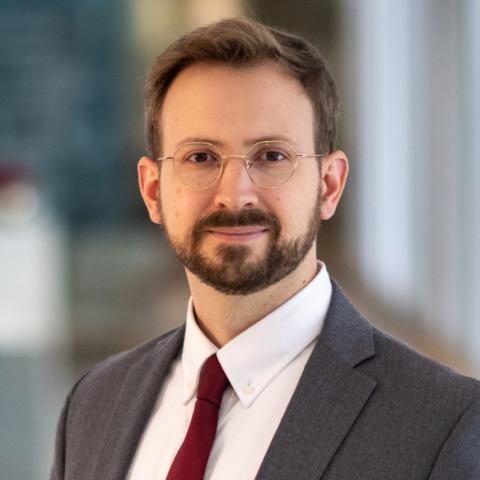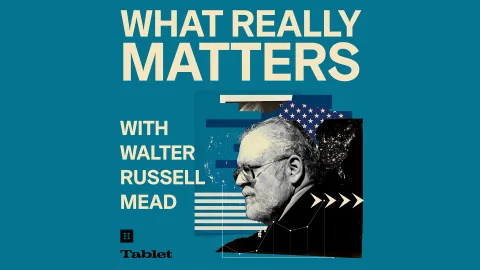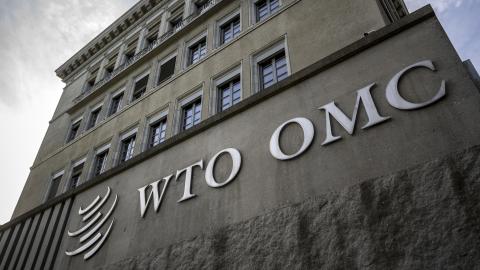
Book Discussion of "Trouble in Foundationland"
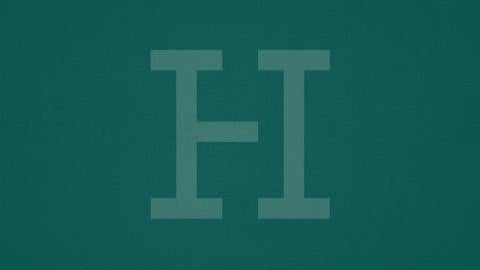

A panel of experts will discuss how the Japanese government should approach domestic political questions, its partnership with America, and Japan’s role in the world.

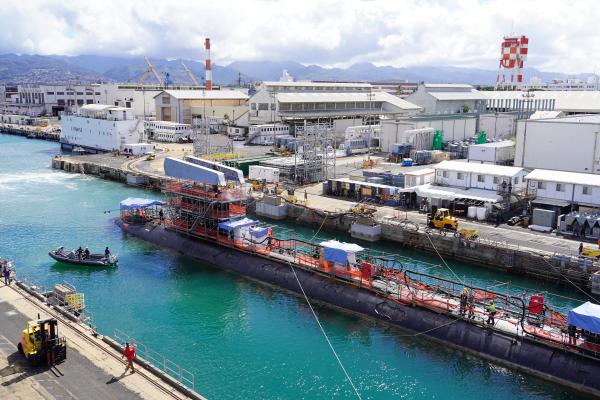
Hudson will welcome Senators Mark Kelly (D-AZ) and Todd Young (R-IN) to discuss their proposal to restore America’s shipping and shipbuilding industries to help deter Chinese aggression.
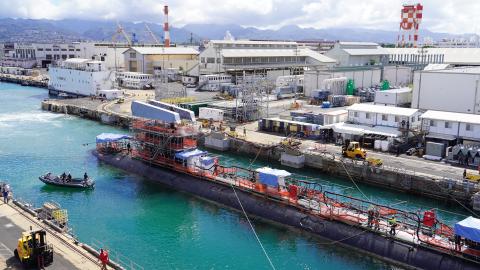

The Hudson Institute Political Studies Policy Certificate Program gathers talented early career professionals for advanced study of American foreign and domestic policy and national security, led by policy experts and experienced government officials.

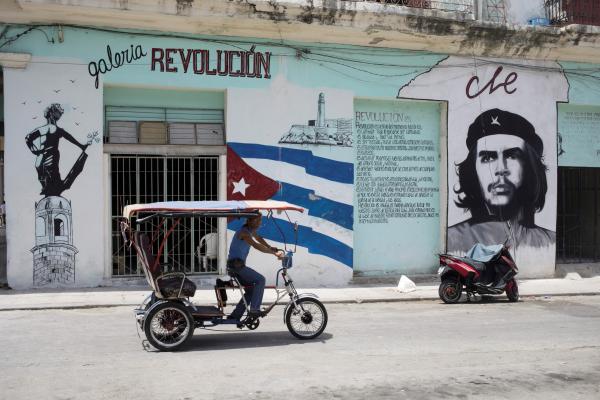
As the Trump administration indicates a “tough” new approach toward Havana, join Hudson for an expert discussion on how kleptocracy operates in Cuba and its implications for American policy.




















